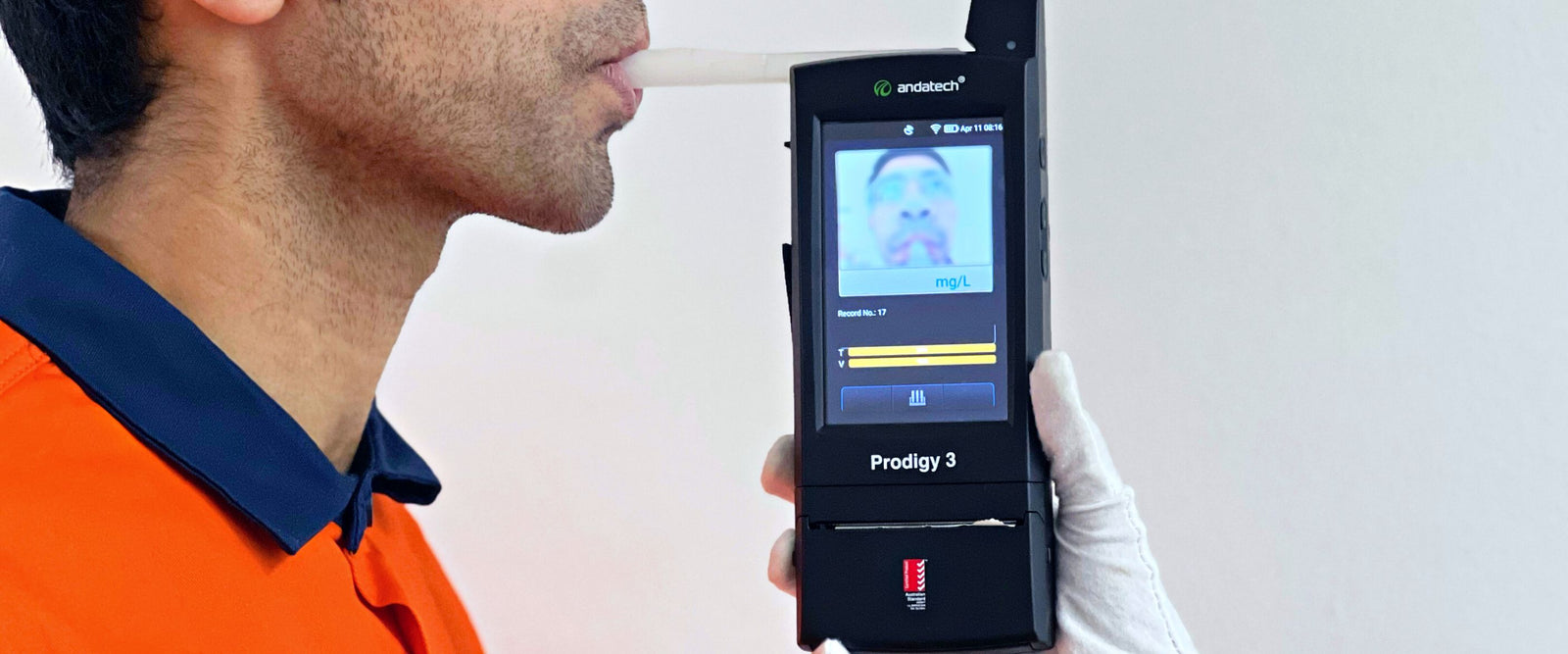As the use of breathalysers continues to increase at the workplace, healthcare facilities, establishments and even for personal use, there are growing concerns about privacy and ethics related to their usage. In this blog post, we will explore the ethical considerations surrounding breathalyser usage and the challenges in striking a balance between privacy and safety concerns.
Breathalyser privacy concerns
Despite being designed to improve public safety, breathalysers can also raise valid concerns about privacy. One of the main concerns is the collection and storage of personal data. Many breathalysers are equipped with digital technology and also come with breathalyser data management tools to store and transmit data including blood alcohol content readings and even user information.
If in the wrong hands, it could raise questions about how this data may be used. Additionally, there are concerns about the accuracy of breathalysers and the potential of false readings that come out of them. These technical errors in breathalyser readings could potentially lead to false accusations and legal repercussions.
These concerns have led to a debate over the use of breathalysers and the need to balance privacy concerns with the end goal of public safety.
Breathalyser safety concerns
As mentioned above, one major concern for false positives or inaccurate readings. Without proper care and maintenance, breathalyser accuracy can be affected. This includes proper storage, the presence of foreign substances, and of course calibration.
Devices that have not been calibrated after the recommended calibration frequency determined by the manufacturer have a risk of sensor drift, where readings may not be accurate according to the breath sample. The Andatech Melbourne calibration centre has been accredited by NATA for the ability to calibrate breathalysers to highly accurate standards.
Another safety concern with breathalysers is that some people may rely too heavily on breathalyser results and may believe that they are completely safe to drive as long as their BAC levels are below the legal limit. Although blowing under the legal limit will help the driver be safe from getting in trouble with the law, their senses may still be impaired as alcohol impairment begins with just a small dose of alcohol.
Read more: Effects of alcohol on driving
Striking a balance between privacy and safety
Balancing breathalyser privacy and safety concerns can be tricky. On the one hand, individuals have the right to privacy and may not want to disclose personal information, including their blood alcohol content. On the other hand, breathalysers are essential in preventing alcohol-related incidents at the workplace or on the road.
A clear solution to this concern in the workplace is to provide clear and holistic guidelines and regulations when it comes to breathalyser use at the workplace.
Ultimately, striking a balance between privacy and safety concerns requires a thoughtful approach that takes into account the needs and concerns of all parties involved. However, it’s worth noting that organisations and fields of work make an alcohol breath test mandatory.
By exploring and establishing clear guidelines for usage, we can help ensure that breathalysers are used in a way that promotes safety while respecting individual privacy.
Browse through the wide collection of Andatech industrial breathalysers and AlcoSense personal breathalysers to start creating a safer Australia today.
For more information on alcohol and drug testing in Australia, check out the following resources:





